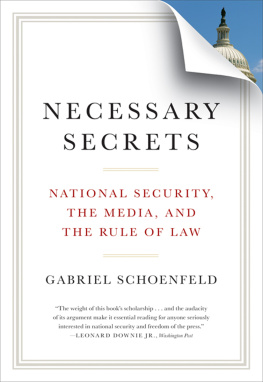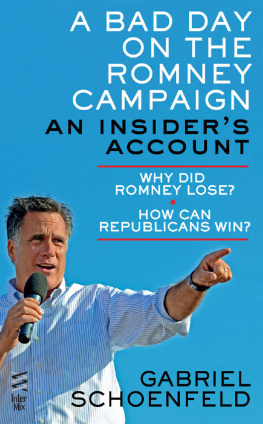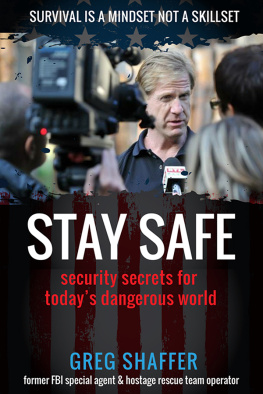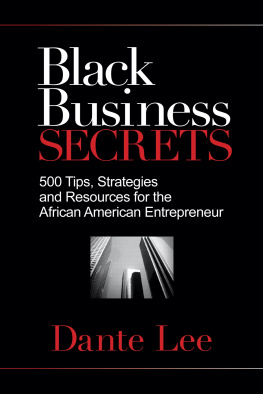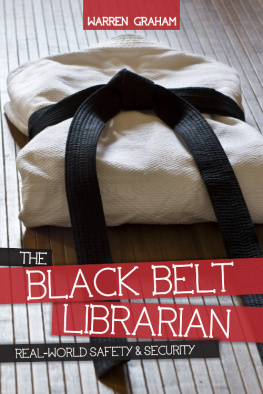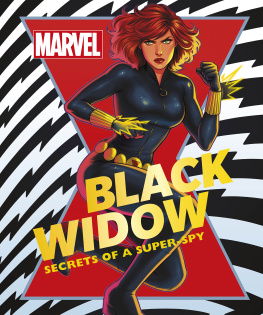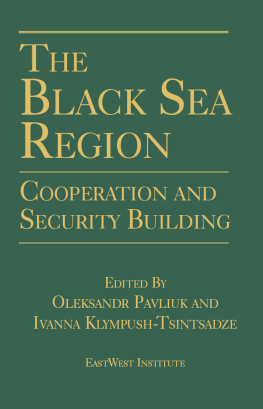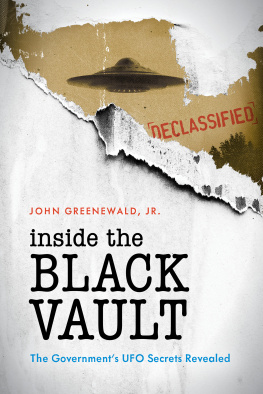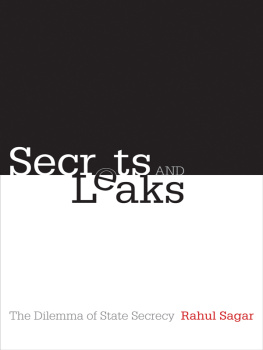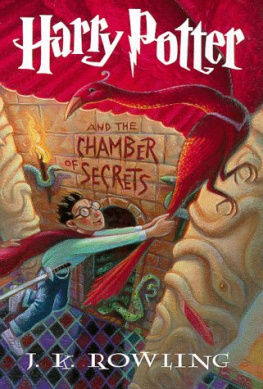NECESSARY SECRETS
N ATIONAL S ECURITY, THE M EDIA, AND THE R ULE OF L AW
GABRIEL SCHOENFELD
W. W. NORTON & COMPANY
NEW YORK | LONDON
Copyright 2010 by Gabriel Schoenfeld
All rights reserved
For information about permission to reproduce selections from this book, write to Permissions, W. W. Norton & Company, Inc., 500 Fifth Avenue, New York, NY 10110
Library of Congress Cataloging-in-Publication Data
Schoenfeld, Gabriel.
Necessary secrets: national security, the media, and the rule of law
/ Gabriel Schoenfeld.1st ed.
p. cm.
Includes bibliographical references.
ISBN: 978-0-393-07911-1
1. Freedom of informationUnited States. 2. Freedom of the pressUnited States. 3. Security classification (Government documents)United States. 4. Official secretsUnited States. 5. National securityUnited States. 6. Rule of lawUnited States. I. Title.
JC598.S36 2010
323.44'50973dc22
2010003506
W. W. Norton & Company, Inc.
500 Fifth Avenue, New York, N.Y. 10110
www.wwnorton.com
W. W. Norton & Company Ltd.
Castle House, 75/76 Wells Street, London W1T 3QT
To Esther, Shoshana, and Ruth
There are some secrets, on the keeping of which so depends, oftentimes, the salvation of an Army. Secrets which cannot, at least ought not to, be intrusted to paper; nay which none but the Commander in Chief at the time, should be acquainted.
G EORGE W ASHINGTON LETTER TO P ATRICK H ENRY
Morristown, New Jersey
February 24, 1777
I do ask every publisher, every editor, and every newsman in the nation to reexamine his own standards, and to recognize the nature of our countrys peril. In time of war, the government and the press have customarily joined in an effort based largely on self-discipline, to prevent unauthorized disclosures to the enemy. In time of clear and present danger, the courts have held that even the privileged rights of the First Amendment must yield to the publics need for national security.
P RESIDENT J OHN F. K ENNEDY
Address before the American Newspaper Publishers Association
Waldorf-Astoria Hotel
New York City, April 27, 1961
CONTENTS
PREFACE
I AM A N EW Y ORKER who was in Manhattan on the morning of September 11, 2001. Like millions of others here, I saw the destruction wrought by al Qaeda firsthand, saw the dust-covered survivors trudging northward, breathed the smoke from the smoldering rubble and felt it sting my eyes. That afternoon, after the trek home to my family in Brooklyn, seven miles from ground zero, I found a layer of ash on my car. What was in the ash? Along with pulverized concrete, glass, and steel, did it contain the remains of firefighters and office workers turned to dust? That was just one of the many questions coursing through my brain on the evening of the day that war came to my city. I was again in Manhattan on March 11, 2004, the day that Islamic terrorists bombed the Madrid transit system, killing 191 people and maiming more than 1,700. And I was in Manhattan once again on July 7, 2005, when suicide bombers struck the London transit system, killing 52 and wounding hundreds. Like millions of others, I ride the New York City subways daily. So do two of my three daughters.
It was in light of this history and these circumstances, a personal history and personal circumstances in no way unique to me, that I was incensed by the publication in the New York Times of a series of stories in 2005 and 2006 compromising some of the secret counterterrorism programs that the U.S. government had initiated to avert a repetition of such terrible catastrophes. But along with outrage, I was intensely curious about the legal regime that permitted, or appeared to permit, this kind of tell-all-and-damn-the-consequences journalism. This book, which began as an essay that originally appeared in Commentary in March 2006Has the New York Times Violated the Espionage Act?is an outgrowth of my impassioned curiosity.
In my Commentary essay I had called upon the Justice Department to prosecute the Times under a 1950 statute making it a crime to publish certain kinds of classified information. The controversy engendered by my article led to invitations to testify before the Senate Judiciary Committee and the House Select Committee on Intelligence, where my views were given a respectful hearing by representatives from both parties. However, in some quarters my analysis invited reprobation and worse, with the editor of the New York Times Book Review a section of the newspaper that had until that point frequently published my writingaccusing me of McCarthyism.
The charge of McCarthyism was, of course, nothing more than an attempt to foreclose debate about a subject some are unwilling to discuss: namely, the appropriate role of the press in wartime. But not all the journalists at the paper were inclined to hurl epithets. And certainly the attorneys of the newspaper were not. Indeed, George Freeman, the assistant general counsel of the Times , in the best traditions of the newspaper, invited me to participate in a number of discussions of the subject at forums provided by the New York State and American Bar Associations. Those sessions brought me into public interchange with, among other notable figures in the controversy, Jill Abramson, managing editor of the Times ; Dean Baquet, the papers Washington bureau chief and formerly the top editor at the Los Angeles Times ; Daniel Ellsberg, the central protagonist of the Pentagon Papers drama of 1971; James Goodale, who had been general counsel of the paper at that watershed moment; and Floyd Abrams, the countrys premier First Amendment lawyer, who had represented the Times in the Pentagon Papers case.
The presence of such heavy guns in the discussion was fully warranted, for wartime secrets and the role of the press in protecting or disclosing them is a subject both important and complex, pitting our most cherished values against one another and bringing key institutions of democratic governance into collision. In exploring this terrain I have been drawn into the broader task of constructing a counternarrative to the standard history of free expression in America. As I have discovered, that standard history has ossified into orthodoxy. Its adherents have fallen into the trap described by Herbert Butterfield in The Whig Interpretation of History , in which the historian stands on the summit of the present and peers down upon the past to affirm and reaffirm his own political convictions, a mode of mountaineering that obscures a proper view of historys slopes.
Butterfields characterization applies with uncanny precision to our own whig school of legal historylegal history as the unfolding story of unfettered freedom. Major histories of First Amendment law prefer overwhelmingly to argue by omission, with the result that they often conceal as much as they reveal. Geoffrey Stones much-celebrated Perilous Times: Free Speech in Wartime: From the Sedition Act of 1798 to the War on Terrorism has been hailed as a masterpiece of constitutional history by no less a figure than Elena Kagan, the former dean of the Harvard Law School who was appointed solicitor general of the United States in 2009. Yet this comprehensive tome fails even to mention major episodes that cut against its thesis, such as the so-called Black Chamber affair in the 1930s, the nearly catastrophic Chicago Tribune leaks during World War II, and an array of cases from Marchetti to Snepp in which the federal government has gone to court, successfully, to rein in the printing presses to protect national security secrecy in times of both war and peace.
Although my attempt at historical correction leaves me sharply critical of the recent conduct of the New York Times and the First Amendment absolutism that underpins it, this book is not intended as a prosecutors brief. The problem of governmental secrecy has become a burning issue in American political life and cries out for historically informed analysis. It is my hope that a fuller understanding of our past can help us skirt some self-imposed perils and return us to a proper balance between the exigencies of national defense and the blessings of our cherished liberty.

